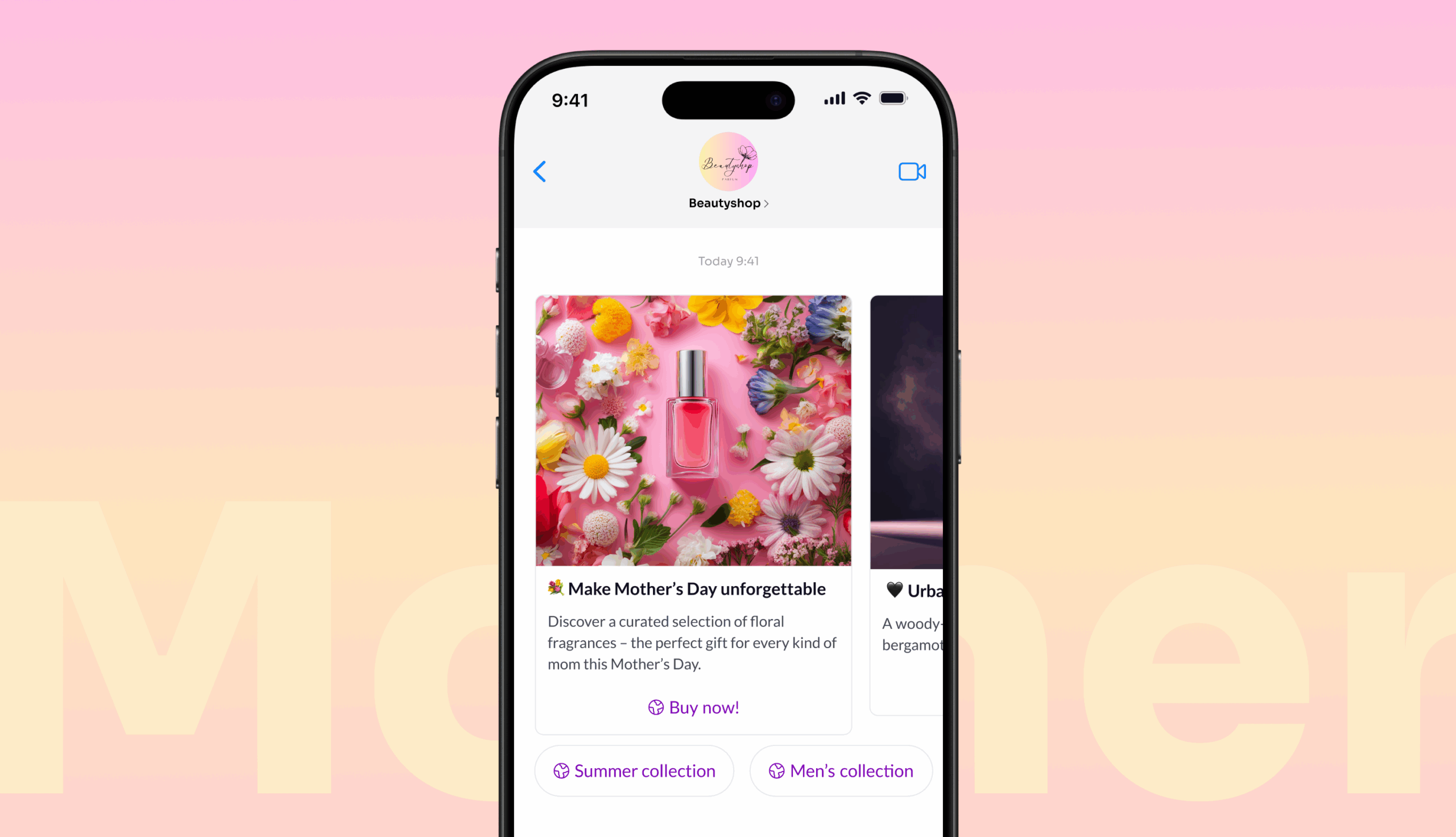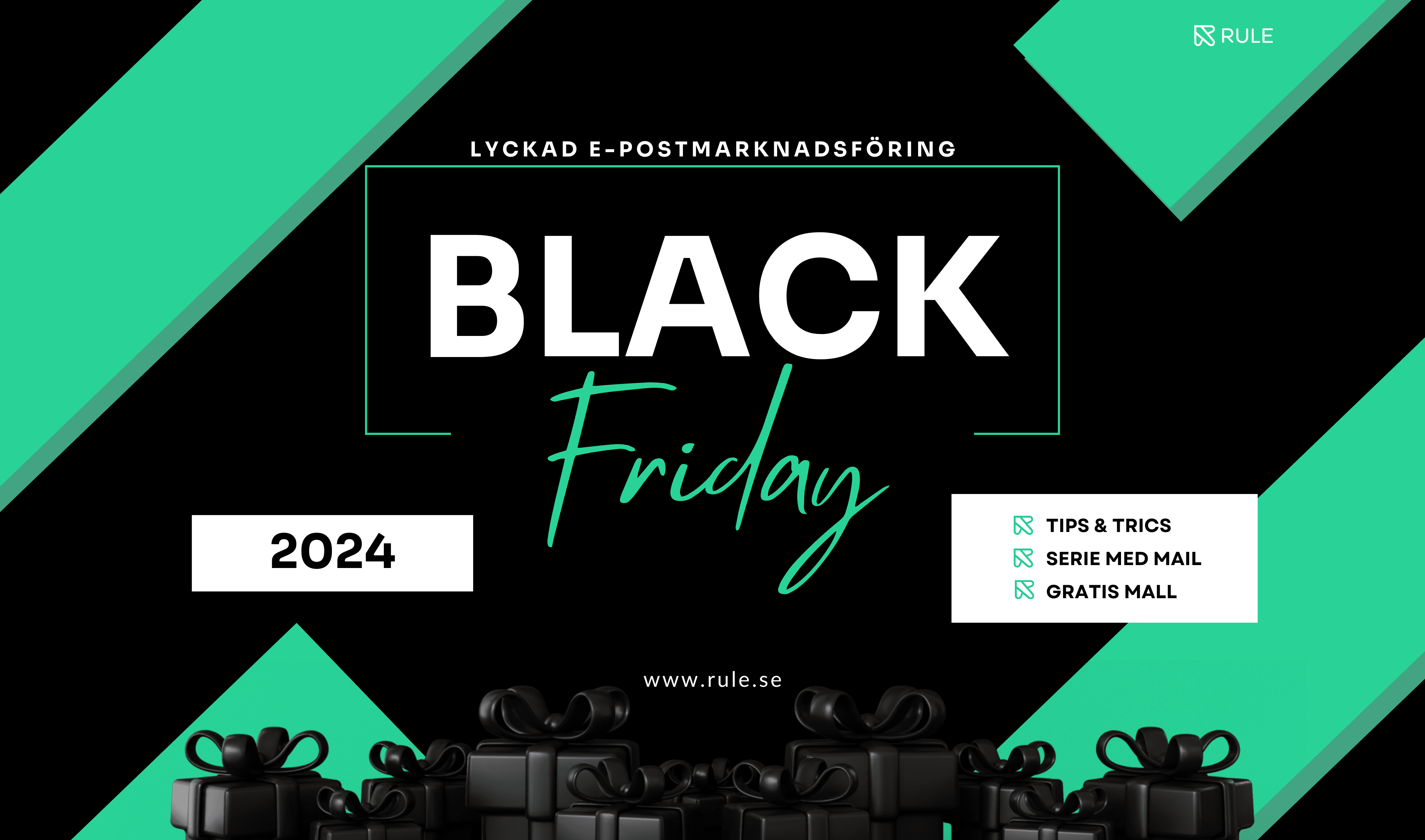Many marketers tend to mix Millennials and Generation Z in the same marketing compote. This is a big miss. It’s important that companies have different strategies and tactics when it comes to marketing to the different generational groups.
Gen Z’s buying behavior differs markedly from Millennials. Both generations have embraced technology and are familiar with the digital, but their general habits are unique to their generation. Before you set up a Marketing Automation strategy or email campaign to reach your Gen Z audience, it’s important that you understand the specific characteristics of the generation. In this post, we will go through how Generation Z differs from its slightly older Millennial buddies and how to capture their attention.
Generation Z vs. Millenials
To begin with, we will sort out two things. What comes after Generation Y? It’s generation Z – so far we are with. But what is a Millennial and who belongs to Generation Z? Well, a Millennial is born between the years 1981 – 1996 while generation Z is the generation after them, also so-called “post-millennials”. Gen Z includes people born from the mid-1990s to the mid-00s. Millennials and gen z have some similarities. Both generations value products and services that simplify their lives. Both also appreciate companies that share their values. However, Generation Z differs from Millennials when it comes to several important points. Generation expert Ryan Jenkinks highlights when writing for Inc, some of the key characteristics that separate the two different demographers.
- Generation Z is more realistic than optimistic
- Millennials prefer collaborations while Generation Z prefers independence.
- Generation Z has not experienced a life without smartphones and 40% value a working wifi connection over a working bathroom.
- Millennials are free to share personal information online, while Generation Z is more careful. Millennials tend to change jobs when the job feels too monotonous, while Generation Z tends to change jobs to gain experience and experiences.
With Generation Z’s direct spending being $ 143 billion, it would be absurd for companies to ignore this important demographic. Below we have collected tips you can take advantage of, before you start designing your first e-mail campaign.
Treat Generation Z as they are equivalent.
The use of ad-blocking tools characterizes Generation Z. They simply do not want you to sell to them – they want to be an active part of the buying process. Marketers should set up their email marketing in a way that reflects this relationship. Be genuine and talk about the company or products in a factual way.
Focus on the value of your product or service.
Despite the fact that Gen Z has great purchasing power, their finances are very limited. Compared to previous generations, Gen Z is more frugal and careful with its money. It’s important that companies focus on conveying the value of the products or services in each email campaign. If low prices are not your selling point, find other values to convey that may be of interest to them.
Tell us about how you help customers - and preferably the world.
In this matter, Gen Z thinks a lot like Millennials. 50% of consumers globally, consider themselves faith-driven buyers and the number is suspected to be higher among Gen Z. Generation Z wants to know that brands take care of their employees. They don’t want hard-earned money to end up in the pockets of high-paid managers – they want the money to improve the lives of others.
Use your email campaign to tell us how you as a company help and support people around the world. How do you make a difference? However, be honest about the role you play in these issues, but let your subscribers know that the company is trying to make a difference.
Despite the fact that Gen Z has great purchasing power, their finances are very limited. Compared to previous generations, Gen Z is more frugal and careful with its money. It’s important that companies focus on conveying the value of the products or services in each email campaign. If low prices are not your selling point, find other values to convey that may be of interest to them.
Everything must be mobile-friendly and convenient.
98% of Gen Z globally own a smartphone. In North America, half of the generation prefers to use their smartphone to surf the internet (other half prefer laptop). In the Middle East and the Asia-Pacific region, the figure is higher, with 80% preferring to use their smartphones when surfing.
It is crucial for brands to make sure that every email campaign looks good on every mobile device. Half of all e-mail is already opened in a mobile device and the number is probably larger at Generation Z.
Personalize the experience but respect privacy.
In general, consumers have grown to expect personalized content. It is no secret that companies collect data from browsers and web behavior. This is precisely why consumers in different age groups take it for granted that companies have the opportunity to deliver relevant content. 42% even get annoyed at companies that do not deliver this.
If you do not deliver content in your email marketing that relates to that particular recipient, then why would they care about the content?
Gen Z is much more restrictive compared to Millennials, when it comes to sharing information online. Marketers need to respect this if they want to build a relationship with this generation. Be honest and transparent about the type of data you collect and how you collect it.
Go straight to the point.
Gen Z is busy. If you want to stand out and catch their attention, you have to formulate yourself concisely and go straight to the point. Don’t talk about the score by adding unnecessary copy or using difficult-to-interpret subject lines. If your subject line and preheader text are refined, they are more likely to open your email.
To summarize
Generation Z is unique. To succeed in your digital communication with this generation, you need to appreciate and adapt to the generation’s values and behavior. This generation, more than anyone else, does not want to feel like a sales figure. With a realistic rather than optimistic strategy based on mutual respect, you will go a long way with this generation.







